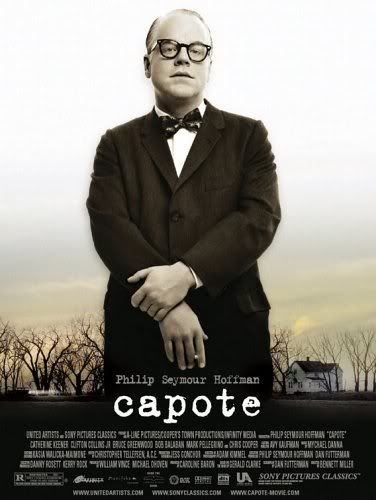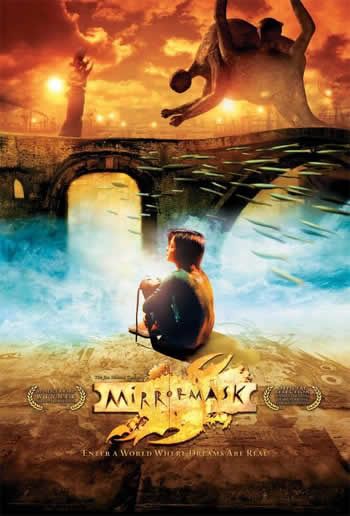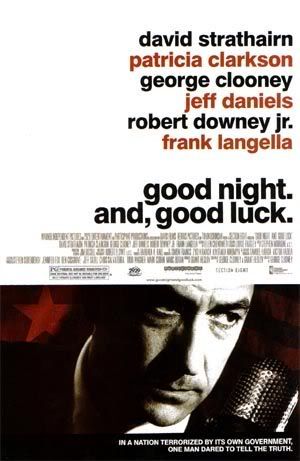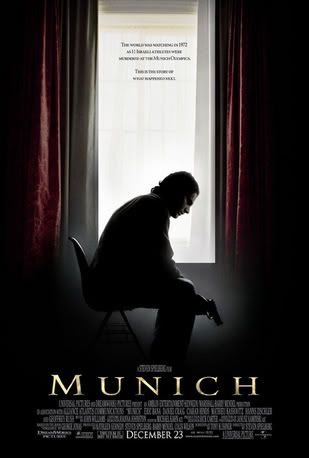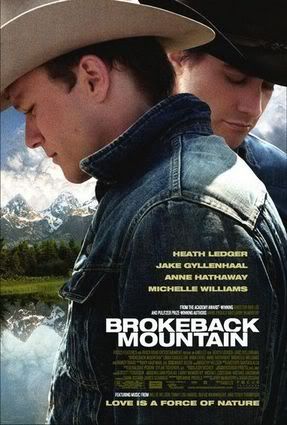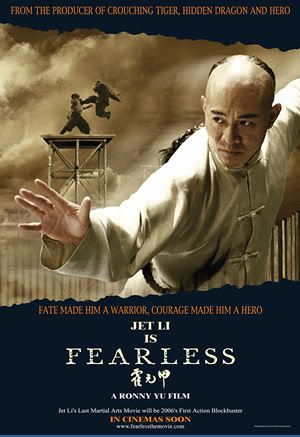
BEST PICTURE
BEST DIRECTOR
(For the first time that I can remember, all five films nominated for Best Picture also have their directors nominated.)
*Summary*
Brokeback Mountain (3/4 stars): Fairly ordinary romance film with competent performances from Jake Gyllehaal and the surprising Heath Ledger. Strong directing effort from Ang Lee. Overhyped because the protagonists are two cowboys.
Crash (3.5/4 stars): Interesting kinetic ensemble film. Spectacular direction from Paul Haggis, but not a memorable film overall due to lack of focus and Crash's nature as a "statement film" on racism.
Munich (4/4 stars): Stupendous performance by Eric Bana and magnificent direction by Spielberg.
Good Night. And, Good Luck. (3/4 stars): Well-made docu-cinema with an excellent performance from David Straithairn and surprisingly effective direction from George Clooney.
Capote (3/4 stars): A role-of-a-lifetime performance from Philip Seymour Hoffman. The film itself is not a huge magnitude better than average. Pacing problems from director Bennett Miller.
Bottom Line: This is an acceptable field, but it's not a strong one. I can only identify Munich and Good Night. And, Good Luck as two films that would contend for a nomination in any year of recent memory. The other three barely qualify as being the best film of any year.
Who will win?
Sadly, the Brokeback Bandwagon is overflowing with people who've never seen a gay romance film. Brokeback Mountain wins an undeserved Academy Award for Best Picture. This bandwagon will also likely tow Ang Lee to the plum directing prize.
Who should win?
Munich stands head and shoulders above all the other films in this field. This also means that the Academy pariah Steven Spielberg should take home the statuette. Not going to happen either way.
